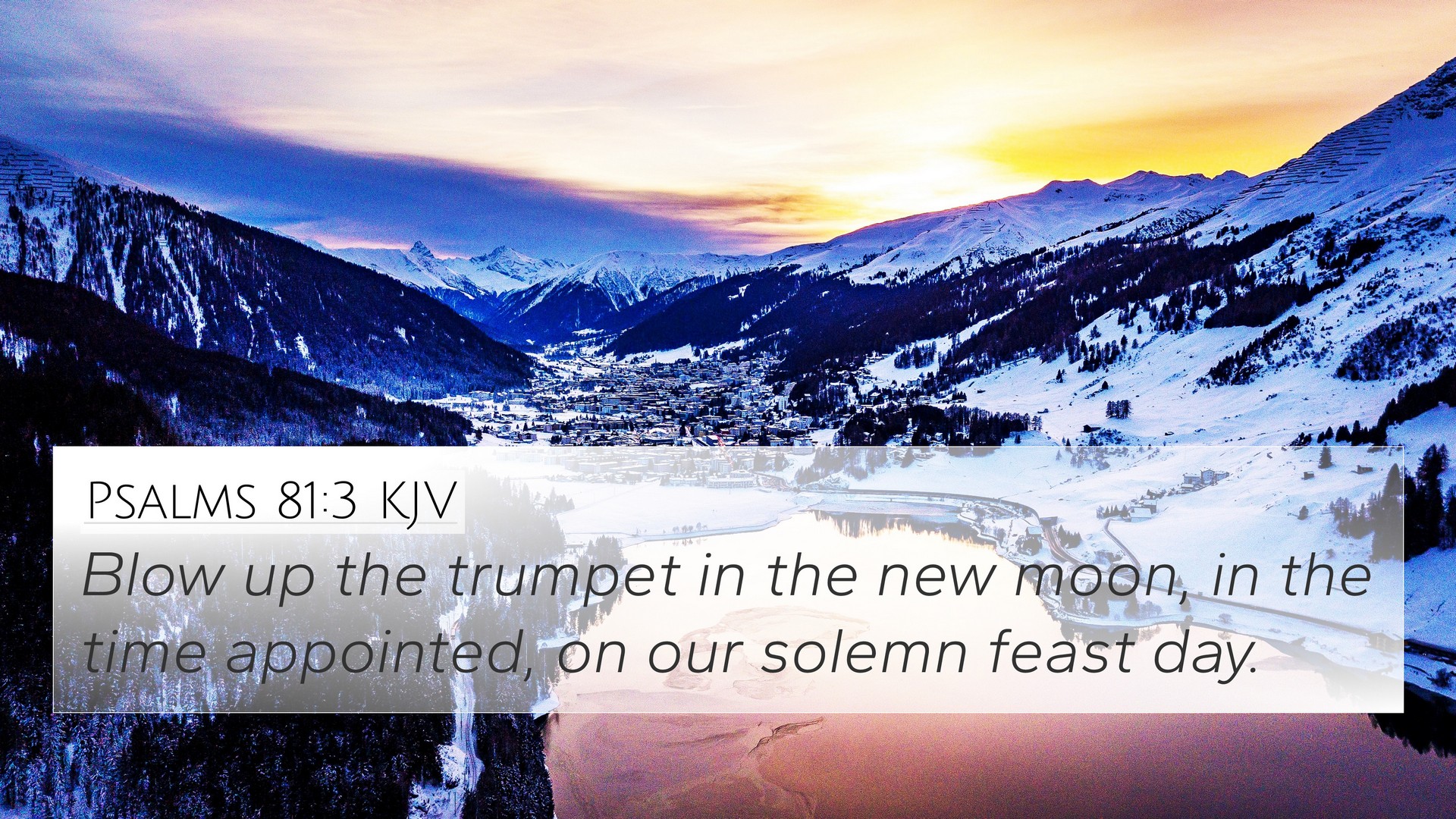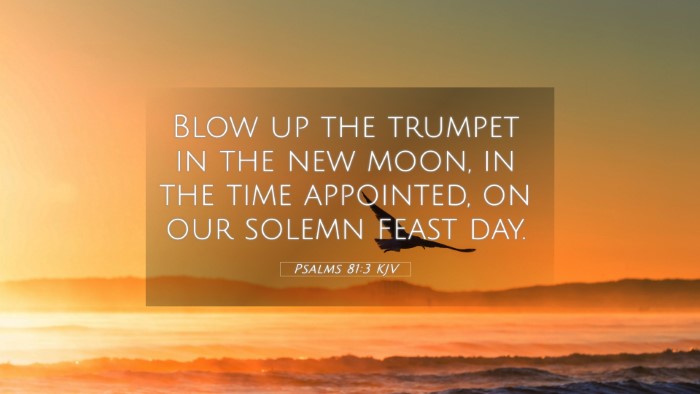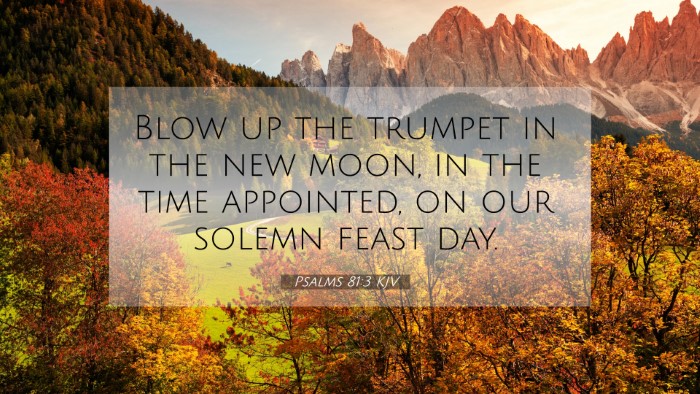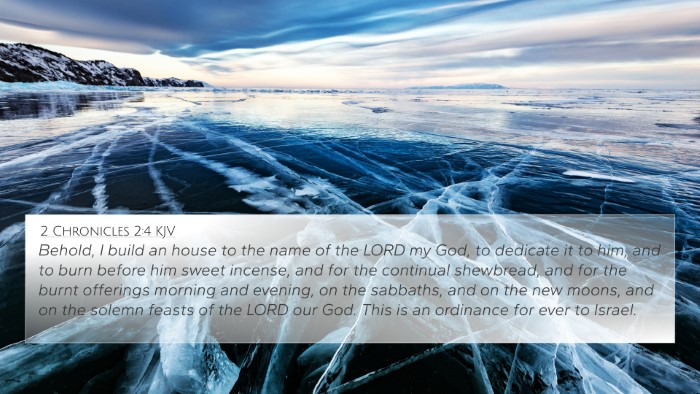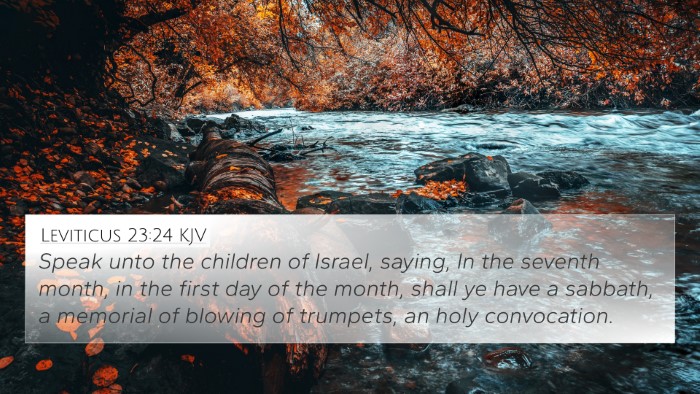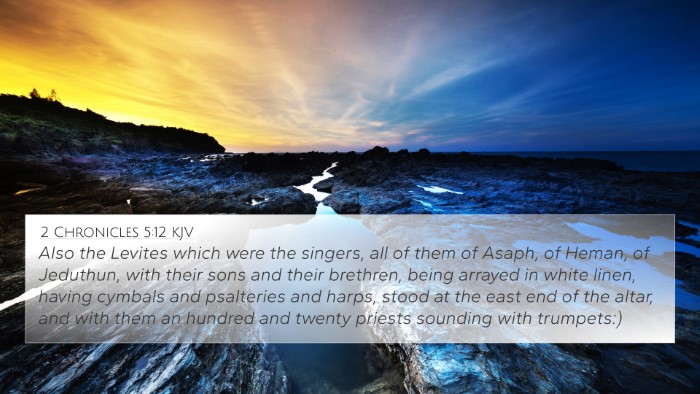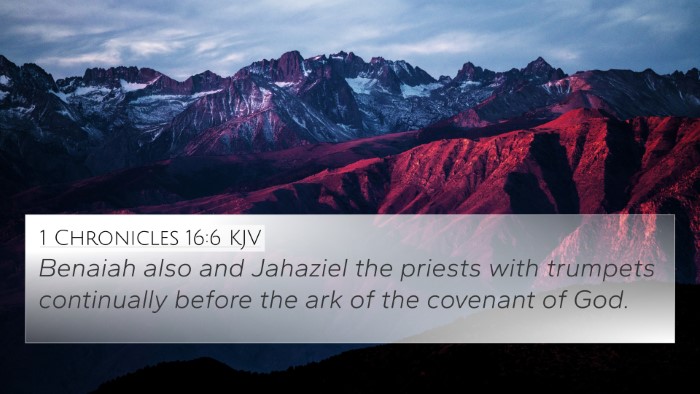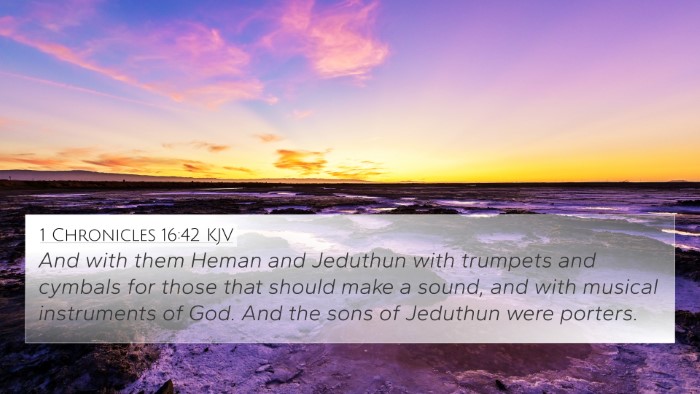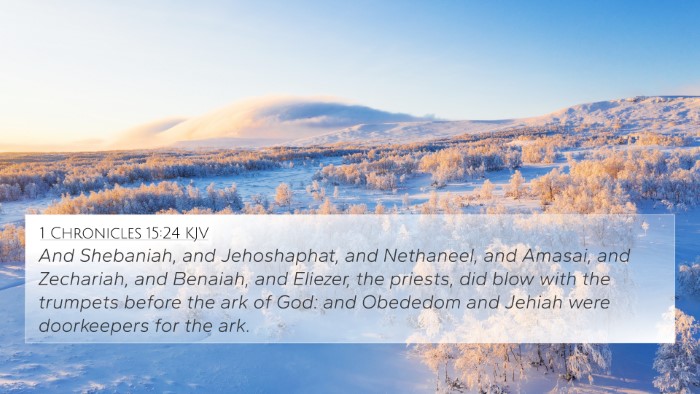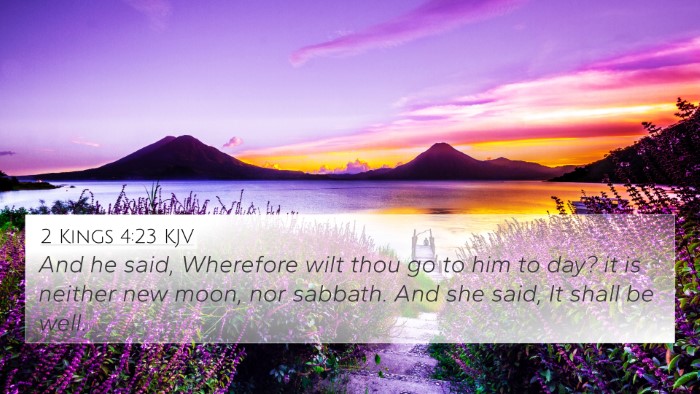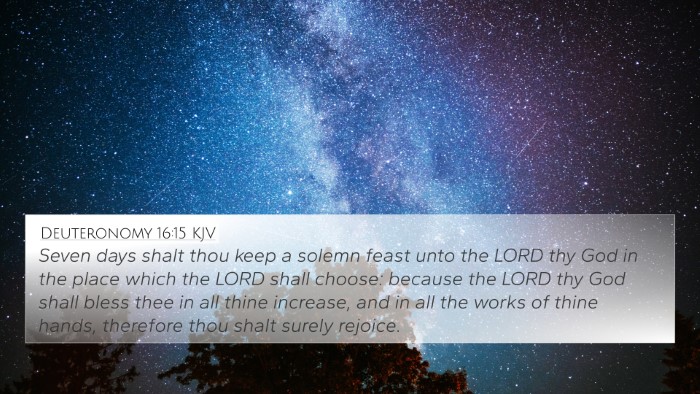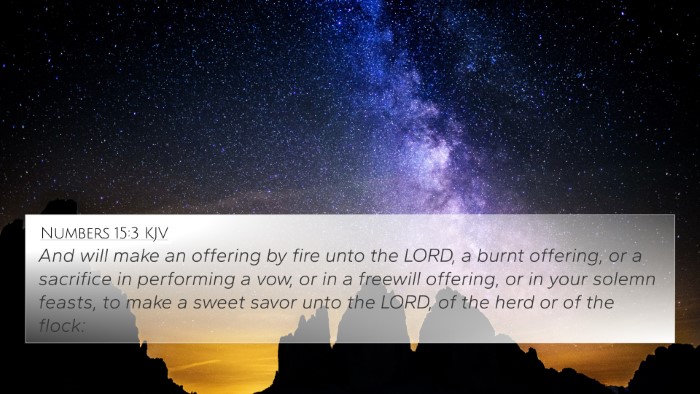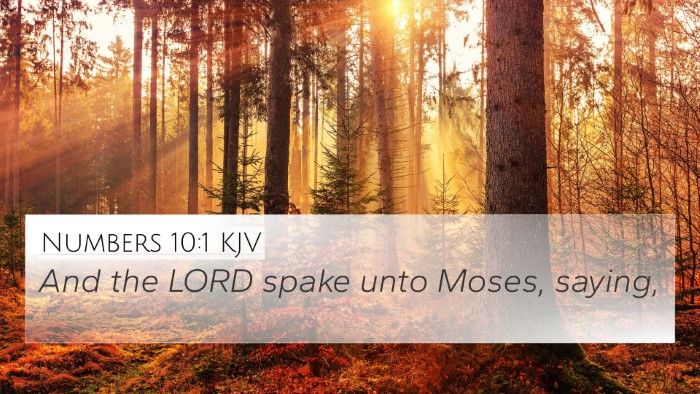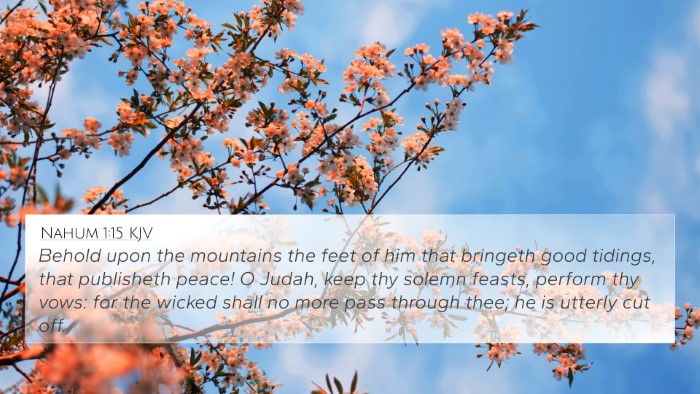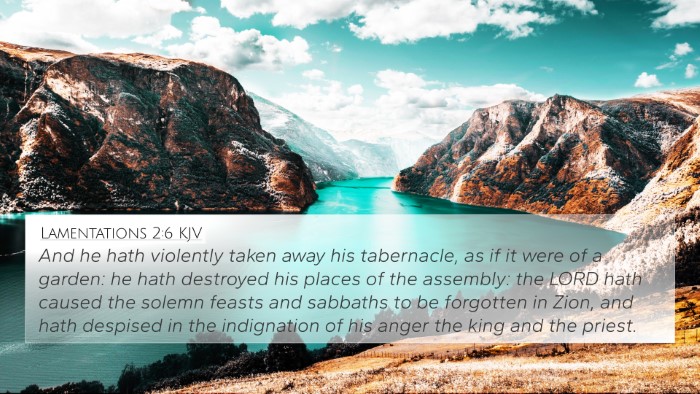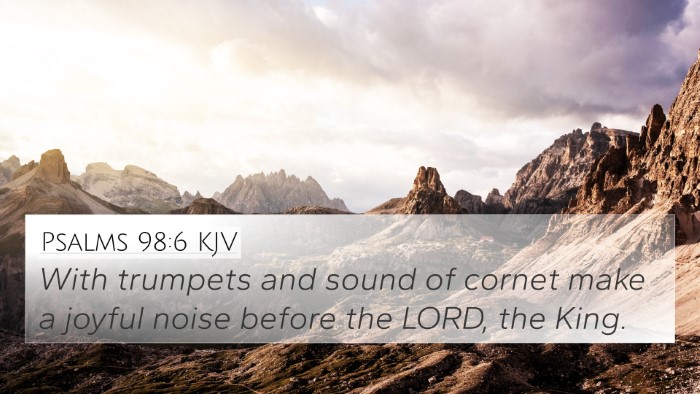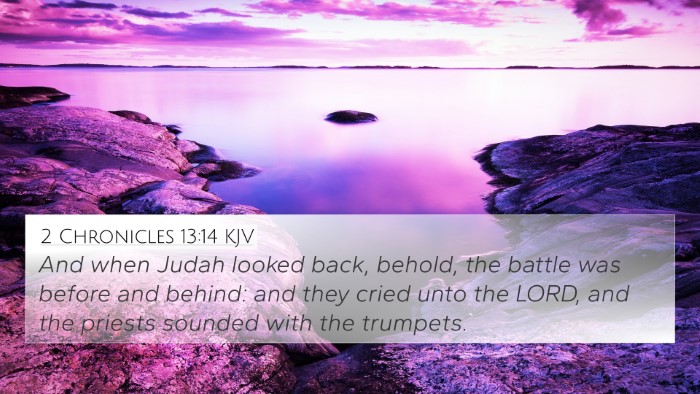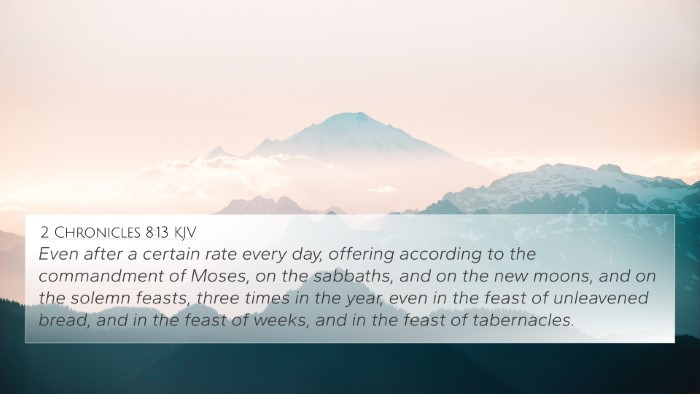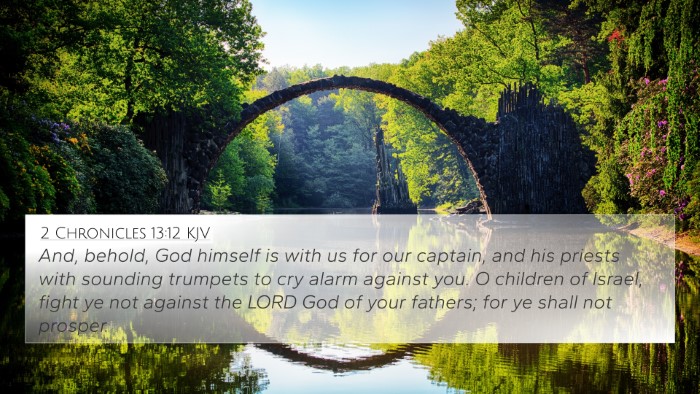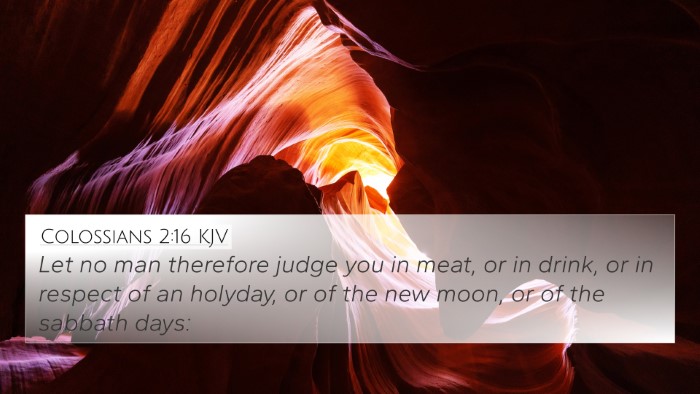Psalms 81:3 - Meaning and Interpretation
Psalms 81:3 states: "Blow the trumpet at the new moon, at the full moon, on our feast day." This verse is rich in symbolism and carries significant meaning in the context of worship and community celebration. Below, we delve into interpretations drawn from public domain commentaries by renowned biblical scholars like Matthew Henry, Albert Barnes, and Adam Clarke.
Overview and Context
The Book of Psalms is a collection of religious songs, prayers, and poetry that express a wide spectrum of emotions and sentiments towards God. Psalms 81 is a celebration of God's provision and a call to remember and honor Him, especially during significant occasions.
Key Themes in Psalms 81:3
- Trumpet as a Call to Worship: The blowing of the trumpet symbolizes a call to assemble and worship God, reminiscent of the ancient practices during festivals and feasts.
- The New Moon and Full Moon: These celestial events mark important times in the Jewish calendar, particularly in relation to festivals and offerings to the Lord.
- Feast Days: The ‘feast day’ represents joyous occasions set apart for collective worship and thanksgiving to God.
Commentary Insights
Matthew Henry's Commentary
Henry emphasizes that this verse reflects the obligation of the people to remember their duty towards God during significant times. He notes the importance of the heavenly bodies in marking the seasons and times appointed for worship. The trumpet serves to rouse the people to participate actively in their religious responsibilities.
Albert Barnes' Commentary
Barnes provides insight into the historical significance of the trumpet in ancient Israelite culture. He notes that it was not only used as a call to worship but also as an announcement of the gatherings during special occasions. Barnes highlights that the Jewish feasts were times of great joy and community, thereby enhancing the collective sense of belonging and festivity in worshiping God.
Adam Clarke's Commentary
Clarke elaborates on the festival aspect mentioned in the verse, linking it with religious observances dictated in the Law. He discusses how the reference to the new and full moons signifies a divine order in worship and the cyclical nature of time in the life of the believer, where recurring observance invites a continuous relationship with God.
Bible Verse Cross-References
Exploring connections between Bible verses enhances understanding and appreciation of Scriptures. Here are some relevant cross-references related to Psalms 81:3:
- Numbers 10:10: "Also in the day of your gladness, and in your solemn days, and in the beginnings of your months, ye shall blow with the trumpets over your burnt offerings, and over the sacrifices of your peace offerings." - This verse establishes the practice of trumpet blowing during significant religious events.
- 1 Chronicles 12:32: "And of the children of Issachar, which were men that had understanding of the times, to know what Israel ought to do; the heads of them were two hundred; and all their brethren were at their commandment." - This verse reflects the discernment required to understand times and seasons, relevant to the stated feast day.
- Psalm 81:1: "Sing aloud to God our strength; make a joyful noise to the God of Jacob!" - This preceding verse emphasizes the spirit of joy and worship that should characterize the gathering.
- Exodus 12:14: "And this day shall be unto you for a memorial; and ye shall keep it a feast to the LORD throughout your generations; ye shall keep it a feast by an ordinance forever." - This establishes the foundation for celebratory feasts in remembrance of God’s acts.
- Leviticus 23:24: "Speak unto the children of Israel, saying, In the seventh month, in the first day of the month, shall ye have a sabbath, a memorial of blowing of trumpets, an holy convocation." - This illustrates the specific occasions for trumpet sounding in the context of worship.
- Isaiah 58:1: "Cry aloud, spare not, lift up thy voice like a trumpet, and show my people their transgression, and the house of Jacob their sins." - This draws a parallel on the use of the trumpet as a call, not just for celebration but for remonstrance and reflection.
- Joshua 6:5: "And it shall come to pass, when they make a long blast with the ram's horn, and when ye hear the sound of the trumpet, all the people shall shout with a great shout..." - This historical reference uses the trumpet in a significant event that illustrates its importance in the Israelite tradition.
Thematic Bible Verse Connections
Linking Bible scriptures through thematic connections can deepen understanding. For instance:
- Worship and Celebration: Both Philippians 4:4 and Psalms 100:1-2 encourage joy and thanksgiving, complementing the essence of Psalms 81:3.
- Community and Assembly: Acts 2:42 illustrates the early church's devotion to gathering and worship, resonating with the call to celebrate.
- Divine Timings: Ecclesiastes 3:1 reminds believers of the “time for every purpose under heaven,” mirroring the rhythmic worship practices noted in Psalms 81:3.
Conclusion
The message in Psalms 81:3 transcends time, emphasizing the importance of worship, communal joy, and remembrance of God's providence. By understanding such verses alongside their cross-references and thematic connections, believers can find deeper meaning and purpose in their spiritual lives.
Additional Resources for Cross-Referencing
For those seeking to explore the nuances of biblical texts, utilizing tools for Bible cross-referencing such as a Bible concordance, cross-reference Bible study methods, and comprehensive Bible cross-reference materials can enrich one’s study. Engaging with the scriptures in this way facilitates a broader understanding of how individual verses contribute to the overarching narrative of the Bible.
